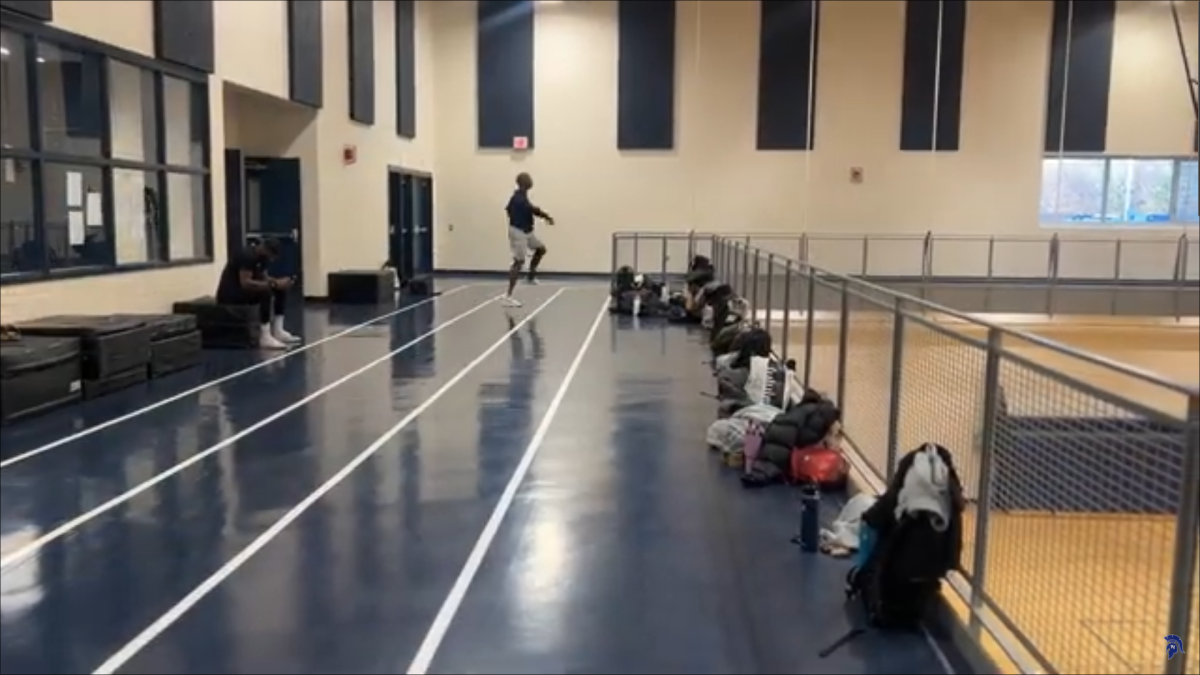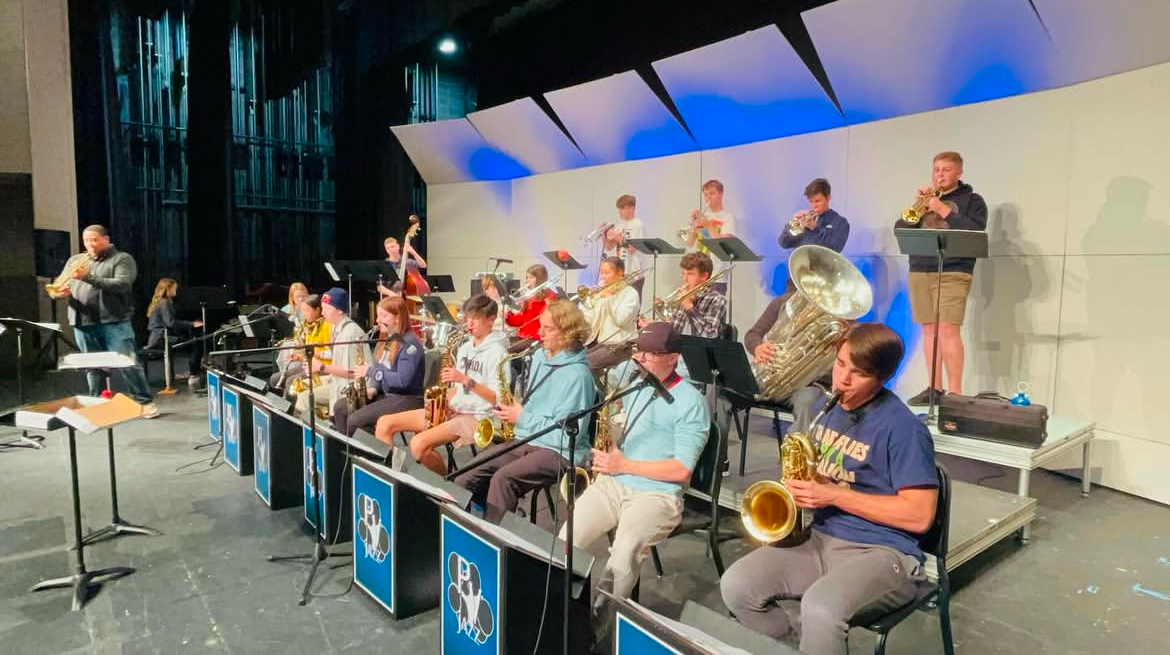Policies regarding sexual misconduct at education facilities around the country are at risk of being changed by US Secretary of Education Betsy DeVos.
DeVos’s proposals could have both positive and negative results. A confusing topic due to the strong opinions and scrambled history, the proposal was created with the intention of having ensured rights to the accused by allowing cross examination through a middle man.
While absolute fairness is an optimistic goal, politicians and organizations such as the American Civil Liberties Union (ACLU) are critical of the proposals, claiming they favor those who have been accused. This would minimize the effect of the Obama-era legislation, which many colleges were not fond of due to the increase in lawsuits against their school for sexual misconduct.
The ACLU also claimed they believed the changes were a part of the Trump Administration’s agenda to move back in time with the civil rights movement, especially more vulnerable people. As they are perhaps biased due to political opinion, the true concern for the public is that certain colleges will not be forced to investigate sexual assault accusations under specific circumstances.
An example of these circumstances would be the reaction of the school in response to a sexual misconduct accusation which took place at a fraternity house. Since fraternity houses are not technically on school campus, the universities would not be required to investigate the incident themselves. Instead, the case would have to be taken to the local police.
Pleasant Valley students in Girls Learn International club recently discussed the seemingly problematic policy changes at a meeting. Many members saw reason behind the fair trial changes, as modern times have sometimes assumed the accused is guilty without clear, convincing evidence. However, they were not especially pleased with the circumstantial investigation aspect.
Sophomore Muskan Basnet believes the unclear and vague description of sexual harassment will make it more difficult for students to report incidents and much easier for the schools to turn a blind eye to them. She said, “…this will discourage victims to report incidents…these proposed changes will lead to distrust between students and the educational facilities.”
Basnet’s classmate, Emerson Peters, thinks DeVos had good intentions. She recognized the positive aspects of going into a court with both sides being equal, as it would help those wrongfully accused. However, she agrees with Basnet that limiting the criteria necessary to investigate an accusation would not be beneficial to students.
“This won’t have a good effect because though it may save money, sexual assault is not getting any less prevalent on campuses, but rather becoming more of an issue,” she said. She also worries about the mental state of victims not able to have justice after their attacks. She commented, “The absence of a promise for investigation is only a bigger reason for scared, embarrassed victims to not report their sexual assaults.”














